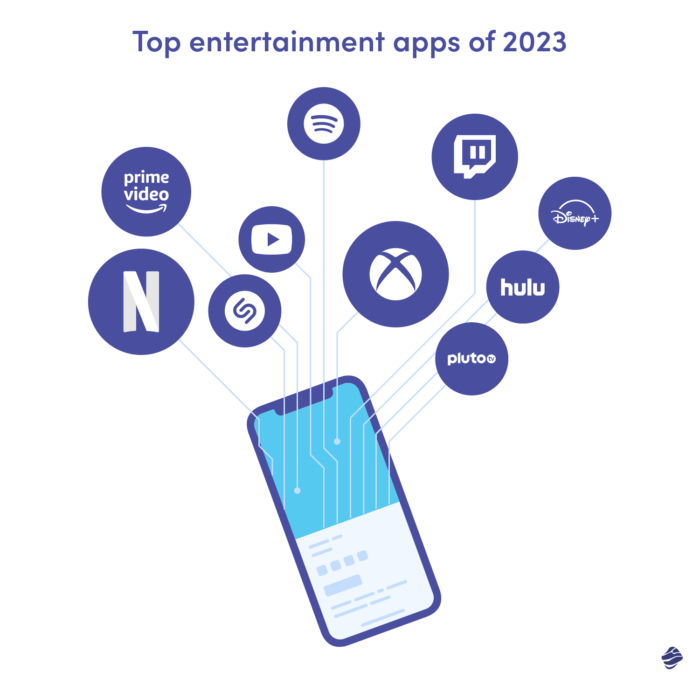Candid Insights
Exploring the latest trends and stories that shape our world.
Streaming Smorgasbord: Why You Can't Stop Scrolling
Discover the endless allure of streaming! Uncover why you can't stop scrolling and how it shapes your viewing habits in this must-read blog.
The Psychology Behind Endless Scrolling: What Keeps You Glued to Your Screen?
The phenomenon of endless scrolling has become a prominent feature of our digital experience, seamlessly integrating into social media platforms and websites. This design technique exploits key principles of behavioral psychology that emphasize the reward system in our brains. When users scroll, they receive intermittent rewards—new content appears unpredictably, keeping the anticipation alive and compelling them to keep engaging. This dopaminergic response creates a cycle of pleasure and desire, conditioning users to remain fixated on their screens for extended periods.
Moreover, the concept of variable rewards plays a crucial role in this behavior. Much like a slot machine, endless scrolling delivers unpredictable outcomes, which can lead to increased engagement. Users are often caught in a cycle of checking for updates, much like a compulsive behavior, reinforcing their screen time and ensuring that they return for more. This relentless pursuit of novelty and affirmation leads to a phenomenon where the digital experience becomes not just entertaining but also overwhelming, resulting in significant implications for mental health and well-being.

Binge-Watching Breakdown: How Streaming Algorithms Hook You In
The phenomenon of binge-watching is largely driven by sophisticated streaming algorithms that cater to our viewing habits and preferences. These algorithms analyze data from millions of users to predict what content is likely to keep you glued to your screen. For instance, Netflix's recommendation system utilizes machine learning to assess your watch history, ratings, and even the viewing patterns of similar accounts. This personalized approach ensures that users are continuously presented with content that resonates with their tastes, making it increasingly difficult to resist the urge to press 'play' on the next episode. According to a study by The Verge, streaming services deliberately craft their content libraries to promote binge-worthy shows, enticing viewers to stay engaged for extended periods.
As viewers become aware of these tactics, it's important to recognize how they can affect our viewing behaviors. The design of a show often includes cliffhangers and engaging storylines that compel viewers to watch just one more episode. This strategy taps into psychological principles of addiction, further strengthened by the autoplay feature that makes it all too easy to continue watching without interruption. To delve deeper into how our streaming habits are being shaped, an insightful article from Forbes explores the science behind binge-watching and the implications of our screen time habits.
Are You a Scrollaholic? Signs You Need to Take a Break from Streaming
In today's digital age, it's all too easy to become a scrollaholic, mindlessly consuming content for hours on end. If you constantly find yourself diving deep into streaming platforms without realizing how much time has passed, it's a clear sign you might need to take a break. Signs of scroll addiction include experiencing feelings of anxiety or FOMO (fear of missing out) if you're away from your device, neglecting responsibilities, or losing interest in offline activities. To assess your habits, consider keeping a journal of your streaming time, as suggested by Psychology Today.
Another indicator that you might be addicted to scrolling is if you often prioritize streaming over social interactions or personal well-being. If you frequently skip plans with friends to binge-watch your favorite series, it's time to reevaluate your priorities. You might also notice changes in your sleep patterns, as many people struggle to disconnect from screens before bedtime. To better understand the impact of excessive streaming on mental health, refer to the insights provided by Healthline. Taking a break can help you reset and realign your life with more fulfilling activities.